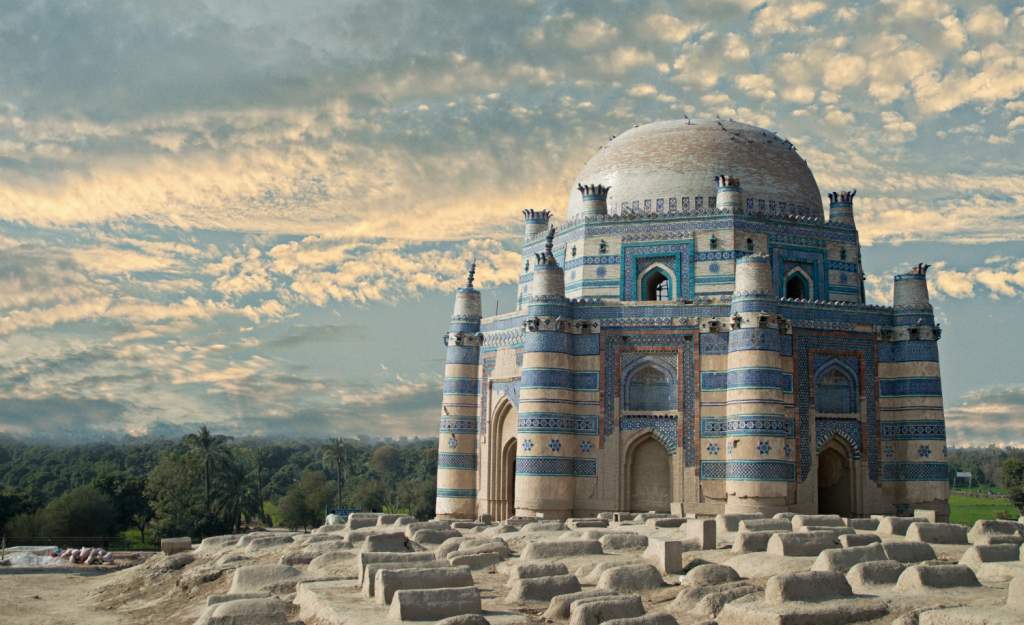Pakistan Historical journey
hositroy of Pakistan

Journey Through the History of Pakistan: From Ancient Civilizations to Modern Nationhood
Introduction:
Pakistan, a country nestled in South Asia, has a rich and diverse history that stretches back thousands of years. It is a land that has witnessed the rise and fall of ancient civilizations, the imprint of colonial rule, and the struggles for independence. This article takes you on a captivating journey through the historical milestones that have shaped the nation we know today as Pakistan.
Ancient Civilizations:
The history of Pakistan dates back to ancient times when the region was home to several great civilizations. One of the most prominent was the Indus Valley Civilization, which thrived around 2500 BCE. The cities of Mohenjo-Daro and Harappa, located in present-day Pakistan, were centers of advanced urban planning, trade, and craftsmanship. The Indus Valley Civilization's decline around 1900 BCE remains a subject of debate among historians.
Islamic Empires and Mughal Rule:
Islam arrived in the region in the 8th century CE, and with it came the emergence of Islamic empires. The Ghaznavids, Delhi Sultanate, and the Mughal Empire exerted their influence over the region for centuries. The Mughals, in particular, left an indelible mark on the culture, architecture, and governance of the area. Lahore, in modern-day Pakistan, served as the Mughal Empire's capital during parts of its reign.
British Colonial Rule and the Struggle for Independence:
The British arrived in the Indian subcontinent in the 17th century, initially as traders and later as colonizers. The British East India Company gradually established control over vast territories, including present-day Pakistan. The struggle for independence gained momentum in the early 20th century, led by figures like Muhammad Ali Jinnah, who advocated for a separate nation for Muslims in India.
Partition and the Birth of Pakistan:
On August 14, 1947, the subcontinent witnessed a significant turning point as it was divided into two separate nations: India and Pakistan. This partition, accompanied by widespread violence and mass migration, resulted in the birth of the Dominion of Pakistan. East Pakistan (present-day Bangladesh) was initially part of Pakistan but later became an independent nation in 1971.
Early Years and Political Challenges:
Pakistan faced numerous challenges in its early years. Building a new nation from the ground up required establishing a constitutional framework, defining national identity, and addressing the diverse linguistic and ethnic groups within its borders. The country experienced political instability, including the first military coup in 1958, which set a precedent for military intervention in politics in the years to come.
War and the Creation of Bangladesh:
Tensions between East and West Pakistan culminated in a violent conflict in 1971. The Bangladesh Liberation War led to the secession of East Pakistan and the emergence of an independent Bangladesh. The war had a profound impact on Pakistan's political landscape and triggered a period of introspection and political restructuring.
Recent History and Challenges:
Since its creation, Pakistan has faced various challenges, including regional conflicts, military rule, and economic struggles. The country has witnessed several military coups and periods of democratic governance. Terrorism and extremist movements have also posed significant challenges to the nation's stability and security.
Conclusion:
The history of Pakistan is a tapestry woven with threads of ancient civilizations, Islamic empires, colonial rule, and the struggle for independence. From the birth of a separate nation to the trials and tribulations faced in its early years, Pakistan has navigated a complex path to nationhood. Today, it continues to grapple with challenges but also demonstrates resilience, cultural richness, and a desire for progress. Understanding Pakistan's history is crucial to appreciating the nation's present and shaping its future.





Comments
There are no comments for this story
Be the first to respond and start the conversation.